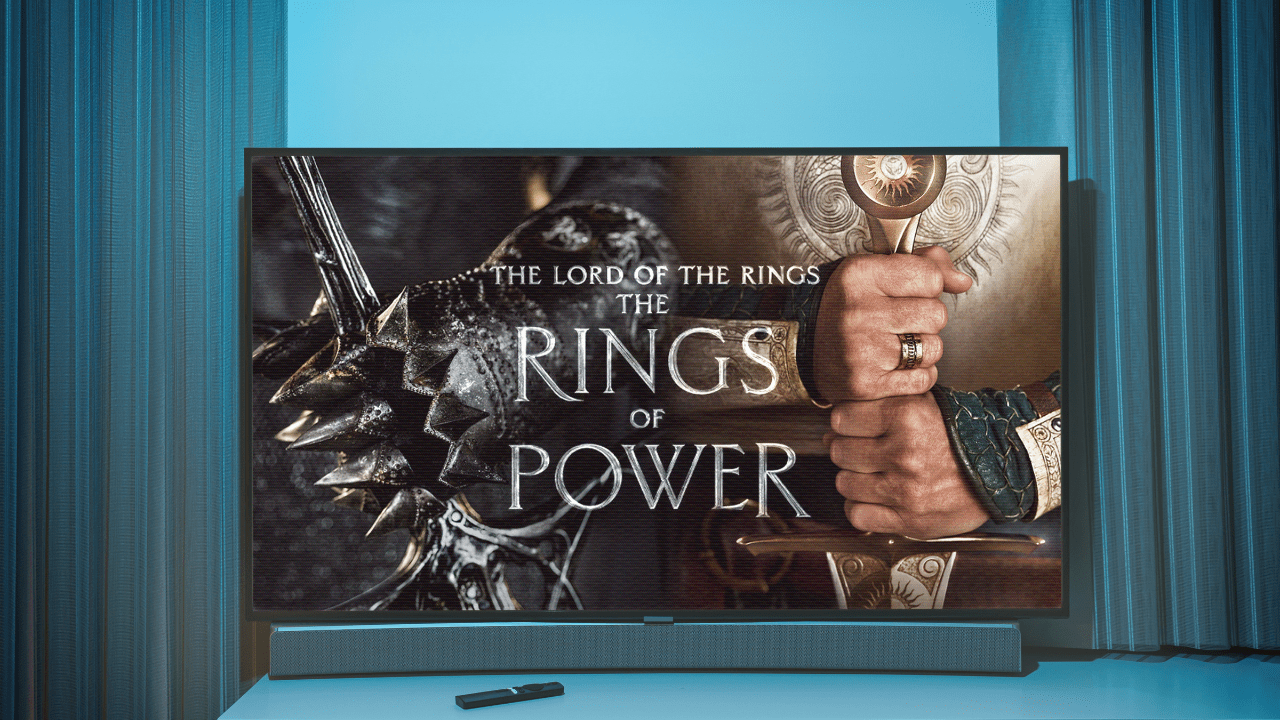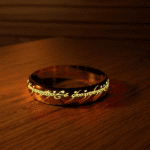Nearly two decades ago, the final installment of Peter Jackson’s adaptation of “The Lord of the Rings” hit theaters. There was a bit of criticism of the trilogy, but overall, it was praised and is still considered a worthy representation of J.R.R. Tolkien’s original masterpiece.
Last year, Amazon Studios dropped the first season of “The Rings of Power,” a very loose adaptation of Tolkien’s works. Although the episodes include many characters and scenes from Tolkien, a lot was added to fill gaps in the story.
Reaction to “The Rings of Power” is much more controversial than “The Lord of the Rings.” Some viewers love it, but many hate it.
Here are two reasons why.
“The Rings of Power” changes too many aspects of Tolkien’s lore.
It’s unreasonable to expect a television or movie adaptation to replicate everything from the book on which it’s based. Jackson made some changes for the movies (and, sadly, omitted Tom Bombadil). Still, the movie versions are widely seen as capturing the essence and spirit of the original works.
“The Rings of Power” takes more liberties. One may argue that it’s because Tolkien only gave us sketches of the period covered by the show. But some changes are inexcusable.
Isildur should NOT be living at the same time as Celebrimbor. He comes much later when the One Ring had already been in existence for a while. And seeing Galadriel as a general in the show just doesn’t feel like the royal Galadriel we meet in the books.
Plus, many viewers have said that the show just doesn’t FEEL like Tolkien, in contrast to Jackson’s adaptation.
It’s not a character-driven narrative.
In the best stories, characters drive the plot. In the worst stories, the plot drives the characters. This doesn’t mean characters can’t react to events. After all, life often forces things upon us and we have little else to do but react. But in a good story, the defining moments are moments of choice.
“The Lord of the Rings” includes important moments of the character driving the story. Frodo leaves the Shire because he loves it and wants it to be kept safe. He later takes the One Ring away from the other members of the fellowship because he wants to protect them.
By contrast, “The Rings of Power” is little more than events happening to characters, who then react to them. For example, Galadriel’s story arc is a litany of reactions, whether to the mutiny of her followers or Gil-galad sending her to the paradise of Valinor. By the way, the elves were not sent to Valinor. They chose whether to go there or remain in Middle Earth. This is a missed opportunity to make Galadriel drive the plot!
There is much more we could say about “The Rings of Power,” but we want to know your thoughts. Do you agree with our assessment? Or do you think the show has positives? Let us know in the comments section of the accompanying Facebook post or YouTube video for this blog. (Please, keep the discussion charitable!)







